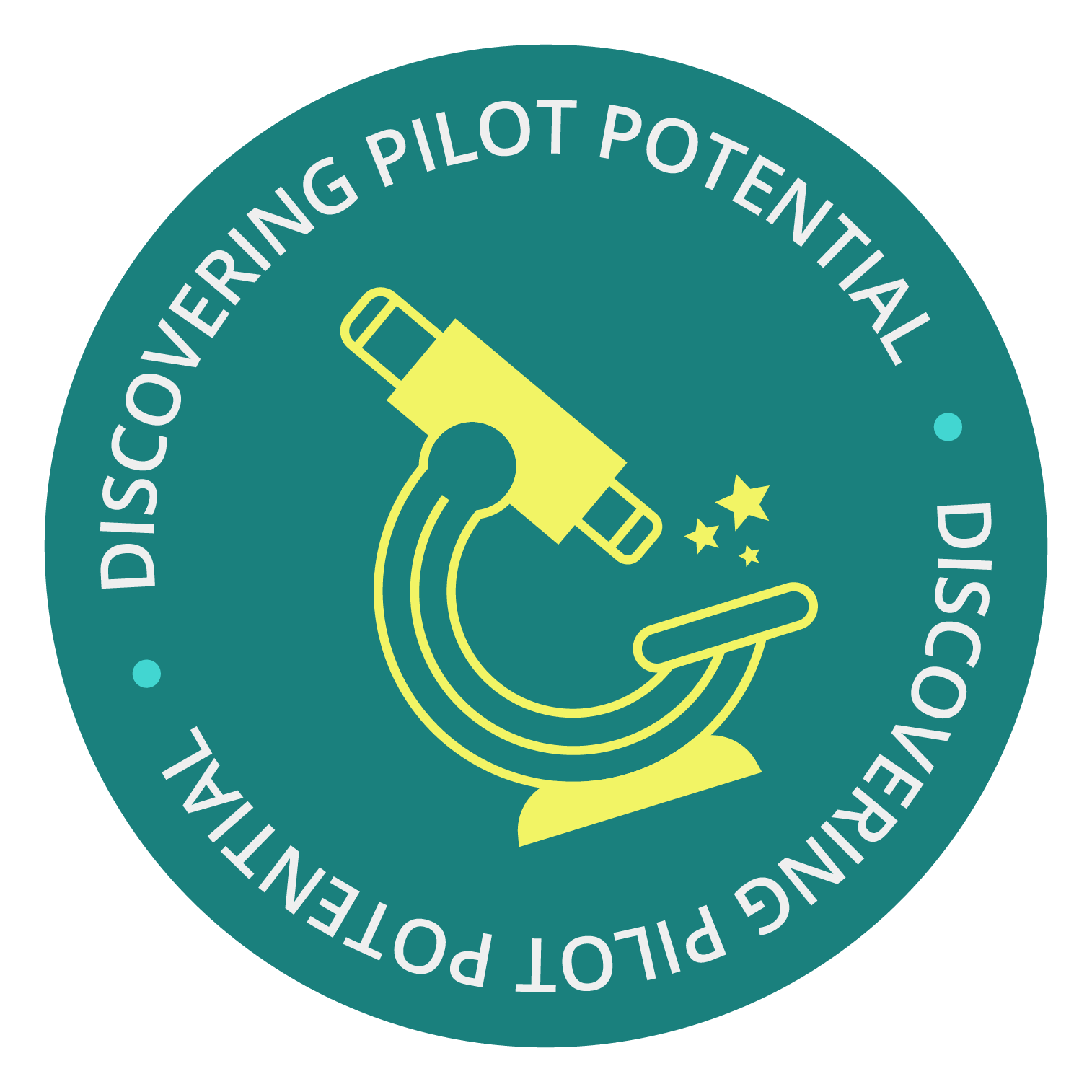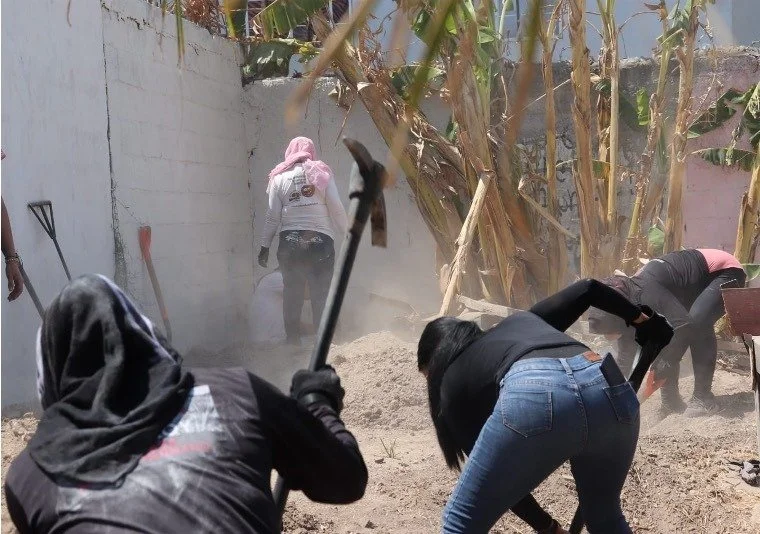AI legal assistant: accelerating access to justice
THE QUESTION
Can an AI legal tool tailored to Malawi’s local context help reduce case backlogs and improve access to justice?
LOCATION: Malawi
SECTOR: Human Rights and Democracy
TECH: AI
TIMELINE: September 2024 - Present
PIONEER: Benson Linje
PARTNERS: TBC
The Challenge
In Malawi, access to justice is a constitutional right. The law guarantees everyone a fair trial, including timely hearings before independent courts. But in reality, the country’s judiciary faces overwhelming case backlogs, and limited resources make it challenging to meet these commitments.
As one of the poorest countries in the world, Malawi struggles with budget constraints that hinder investment in its legal system. Judges, lawyers, and legal aid workers are stretched thin, and existing technology solutions have done little to ease the burden. The result is delayed justice, which disproportionately affects the most vulnerable people.
There’s an urgent need for a cost-effective, scalable tool to help the legal system work more efficiently and reduce the backlog of cases.
The Idea
This pilot will develop an AI-powered legal assistant designed explicitly for Malawi. The tool will be trained on Malawian case law and statutes, enabling it to:
Quickly retrieve relevant legal precedents and statutes.
Assist the Legal Aid Bureau and judiciary in preparing cases more efficiently.
Provide accurate information in local languages like Chichewa, making it accessible to more users.
Unlike general-purpose AI tools like ChatGPT, this solution will be tailored to Malawi’s legal context and needs. It aims to bridge a critical resource gap by offering a localised, responsive, and user-friendly tool that can support legal professionals in their work.
If successful, this AI legal assistant could transform how Malawi’s legal system operates, setting an example of how technology can improve access to justice in resource-constrained settings.
Read the full report from the discovery phase here:
Our learnings and stories so far…
Explore related pilots
Curious about how frontier technologies are improving support for human rights and democracy? Read about our other pilots in these sectors below 👇🏽




















Budgetary constraints and high case backlog pose significant challenges for Malawi’s legal system. Our discovery report contains research findings on how AI can improve efficiency and enhance access to justice within Malawi.